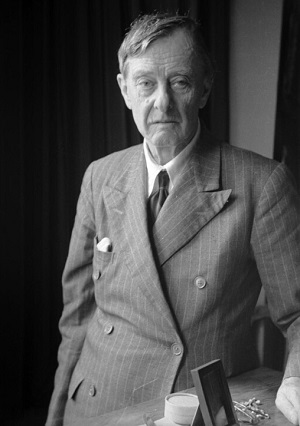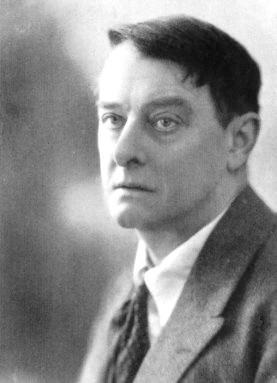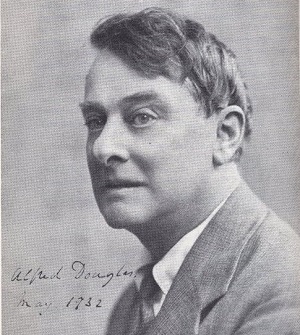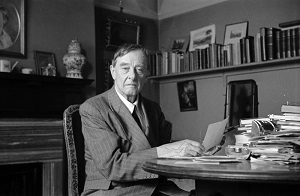

Fishing was the first chamber opera libretto I wrote, before I had any idea about this huge cycle. My friend Andrew Lumsden, activist, co‐founder and latter editor of Gay News, painter, historian and all‐round good thing, gave me the story.
A friend of his, older than he, turned eighty around the Millennium, and he told Andrew how, as a teenager, he had met Lord Alfred Douglas, then in his sixties. When his mother learned of this, she forbade the boy to speak to him again, with the result that he snubbed Douglas without really understanding why. Andrew said that what struck him was that his friend still felt guilt about the way he'd treated Douglas over sixty years later.

I saw immediately that this had the kind of shape that would fit an opera ‐ a simple but strong story, a clear line of development, four well‐defined characters (Andrew’s friend is split in two, the young and the old self).
I could also see parallels with Benjamin Britten ‐ the haunted Captain Vere in Billy Budd; or alternatively, Death in Venice seen from the young Tadzio’s point of view.
I was also intrigued by the character of Douglas, a nasty piece of work by anybody’s standards. He turned on his old friends, dragged Wilde’s name through the mud ["the greatest force for evil that has appeared in Europe for the last 350 years"], and drove his love‐rival Robbie Ross to his death. Add that he was a virulent anti‐Semite, litigator and bearer of grudges. And yet towards the end of his life he began, in his own way, to make amends.

Douglas’s tragedy is two‐fold: first, that the most momentous events of his life occurred before he was thirty, and he spent the last forty‐five years of his life trying to find a talent and a place in the world worthy of his past.

Secondly, he dragged with him everywhere his ‘notorious’ reputation, the most famous homosexual, ‘The Vilest Man in Britain’ in today’s parlance. What does that do to a man’s psychology, especially a man who has become a fervent Catholic?
Guilt is passed on from generation to generation, from Douglas to Philip (as I call him). It echoes down the ages, born out repression, self‐denial, hypocrisy and ignorance. Oscar’s legacy takes many forms and lingers long.
When I first read the libretto of Fishing I was immediately struck by the poignancy of the story.
From a musical approach there was a danger of lingering on melancholy but, to me, the obvious solution was in the balance and mixture of the voices.
The aged Philip a dark Baritone, the young Philip a treble (or counter‐tenor) matched against the bravura Tenor of Alfred Douglas and the Mother’s darkly and obstructive Mezzo‐soprano.

To these vocal colours I then added a simple Piano Trio (Piano, Violin and 'Cello) ‐ giving both musical support and a reflection of the times ‐ Piano Trios would have been commonplace in the 1930’s and therefore well known to all the characters.
The work’s opening theme reflects the dejection that underlines the work and returns regularly in slight variation throughout.
A recurrent piano flourish suggests the sense of ‘fairground’ at the end of the pier. The body of the music, however, is meant to create an atmosphere of a decadent period in history whilst balancing the pathos and tragedy of the story.
Resources: Performers ‐ Tenor, baritone, mezzo‐soprano, countertenor/treble. Players ‐ Piano, violin, cello.
Duration: circa 46 minutes.
Read the Script
Read the Score and listen to the Music
A production of 1936: Fishing was organised by Tete a Tete Opera in 2022. The following is a recording of its premiere.
Biographies of Production Team, Orchestra and the Cast
All work is copyright of Peter Scott-Presland and Robert Ely.
Anyone interested in performing all or part of it should Contact Us